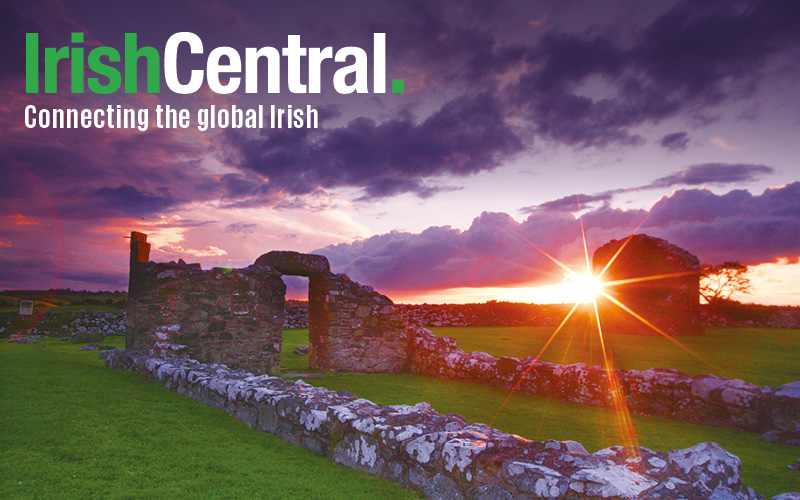Ireland’s vote on abortion reminds us that Roe vs. Wade in the U.S. did not take place all that long ago.
Last week’s historic news out of Ireland -- that voters chose to repeal the Eighth Amendment and loosen the country’s abortion laws -- somehow came with the implication that Ireland was finally emerging from the dark ages and joining more enlightened countries like the U.S.
There is a touch of truth in this, of course. But amidst all of the hoopla and handwringing about the vote in Ireland, few here in the U.S. pointed out this irony: there is a very real possibility that, in the near future, abortion will become much more restrictive in America.
The Supreme Court, having been realigned by President Donald Trump’s appointment of conservative Neil Gorsuch, is now made up of a majority of justices willing to gut or completely overturn the landmark abortion rights case Roe vs. Wade.
Read more: Roe V Wade opinion originally sparked the abortion debate in Ireland
But Ireland’s vote on abortion should also remind us that -- whether you are pro-life or pro-choice -- the campaign which culminated in Roe vs. Wade in the U.S. did not take place all that long ago.
And while Irish Catholic men, especially amongst the leadership of the American Catholic church, were prominent in the pro-life movement, it is often forgotten that Irish American women were central to the pro-choice movement in the late 1960s and early 1970s.
In New York, Irish Americans played a particularly prominent role in the movement for abortion rights. A few years before Roe vs. Wade, a group calling itself Catholics for the Elimination of all Restrictive Abortion and Contraceptive Laws articulated the argument that among other things, abortion would help achieve a greater level of equality for women, especially Irish Americans and other Catholic ethnics.
The most prominent activists were (in the words of an Irish Times profile) “three women of Irish blood.”
There names were Patricia Fogarty McQuillan, Meta Mulcahy and Joan Harriman, all “Irish Americans who firmly believed the U.S. Catholic bishops did not represent the viewpoint of most Catholic Americans in outlawing abortion absolutely,” the Times added.
Indeed, the abortion debate was particularly intense in the Irish American community. This is illustrated by some of the most fascinating sections of Eileen McNamara’s new biography of Eunice Kennedy Shriver.
Among other things, McNamara reminds us that prior to Roe vs. Wade many liberals (like Kennedy) were, in fact, pro-life, believing abortion could actually be used as a weapon against some of society’s most vulnerable citizens.
This was also a personal issue for the Kennedy family, since Eunice’s sister, Rosemary, was mentally disabled. "For Eunice,” writes McNamara, “abortion represented an existential threat to the mentally retarded.”
Read more: Ireland’s era of guilt and shame is over and the Catholic Church needs to buck up
McNamara, by the way, also highlights the shortcomings of the current left/right, pro-choice/pro-life divide by quoting Benedictine Sr. Joan Chittister, "Your morality is deeply lacking if all you want is a child born but not a child fed.”
In other words, to paraphrase to old George Carlin joke, many conservatives believe life is precious -- that is, until you are actually born, in which case, it’s a brutal case of survival of the fittest.
Either way, in the wake of the Roe vs. Wade landmark decision, the Irish American women at the forefront of the pro-choice movement took part in a number of controversial incidents.
To mark the first anniversary of Roe vs. Wade, Fogarty McQuillan took to the steps of Manhattan’s famed St. Patrick’s Cathedral and had herself crowned “pope,” drawing attention to all-male make-up of Catholic leadership.
More enduringly, however, the group known today as Catholics for Choice was created from the movement led by McQuillan, Mulcahy and Harriman. The Catholics for Choice president today in Irish-born Jon O’Brien.
O’Brien was very busy in the build-up to the Irish vote on abortion. When things settle down over there, it’s a good bet O’Brien will be busy in the United States.
Read more: US Irish pro-life group offers asylum help to Irish fleeing Yes abortion vote




Comments